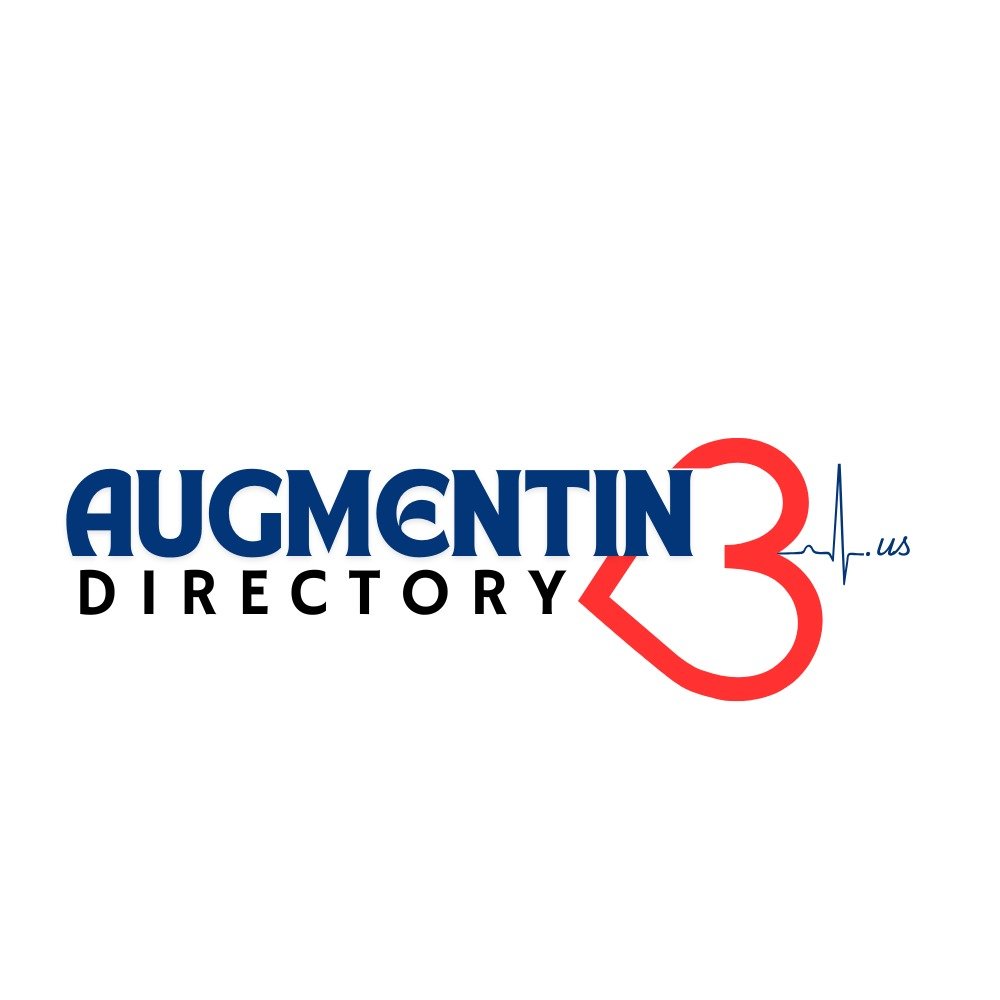
In today’s fast-paced world, many organizations are seeking ways to streamline their hiring processes, especially when it comes to compliance hiring. Whether you're new to recruitment or you're working to optimize your current process, you might wonder if artificial intelligence (AI) can match human judgment when it comes to hiring decisions that are heavily regulated.
This blog post will explore the intersection of AI and compliance hiring, helping you understand how these technologies can work together and where human judgment is still necessary. If you’re unsure about how AI can improve your compliance hiring practices, keep reading—this guide will break everything down step by step.
What is Compliance Hiring?
Before diving into the relationship between AI and compliance hiring, it's essential to first understand what compliance hiring actually entails. Compliance hiring refers to the recruitment process where businesses ensure that candidates meet specific legal, regulatory, and industry standards required for a given role.
In industries like finance, healthcare, or government, compliance is critical. Hiring someone who does not meet the necessary qualifications or who has failed to undergo the required background checks could result in severe legal consequences or hefty fines for the company.
Thus, compliance hiring is a delicate and thorough process that demands close attention to detail. While it’s highly important, the process can also be time-consuming and prone to human error. This is where AI tools come into play.
Can AI Support Compliance Hiring?
AI has made significant strides in recent years, and it is increasingly being integrated into compliance hiring. These tools promise to simplify and automate several aspects of the recruitment process, ensuring that candidates meet the necessary regulatory requirements. But, can AI completely replace human judgment in this complex area? Let’s take a closer look.
1. Automating Resume Screening and Candidate Shortlisting
One of the most straightforward ways that AI can assist in compliance hiring is by automating the initial resume screening process. AI-powered tools can quickly scan resumes for specific keywords, qualifications, certifications, and work experience related to regulatory standards. This is especially useful when you're dealing with a large volume of applicants.
For instance, if you’re hiring for a role in healthcare compliance, AI can automatically verify whether candidates have the required certifications or whether their background matches the necessary legal qualifications. This can save your team hours of manual work.
That said, while AI can help you sort through large numbers of applications quickly, it can still miss nuances that a human eye would catch. For example, an applicant's experience might be worded in an unconventional way that AI could misinterpret, but a human recruiter would recognize as relevant experience.
2. Running Background Checks and Verifications
In compliance hiring, conducting thorough background checks is an essential step. AI can play a significant role here by automating background checks, such as verifying employment history, criminal records, and educational credentials. These checks are often time-consuming and require access to large databases, which AI can process much faster than any human recruiter.
AI tools can also help cross-reference various public records and databases to flag discrepancies. By automating these tasks, you can ensure that no stone is left unturned when it comes to verifying a candidate’s compliance with legal standards.
However, human oversight is still crucial. If AI flags any suspicious findings, such as a criminal record or inconsistent job history, it’s important for a human to review the context behind those flags. For example, a criminal charge from decades ago may not be relevant to a candidate's suitability for the role, but AI may not be able to assess this in a nuanced way.
3. Monitoring and Adhering to Regulatory Changes
As laws and regulations change, it’s essential that your compliance hiring practices stay up-to-date. AI can help monitor regulatory changes, ensuring that your hiring process aligns with new laws. For example, AI systems can be set up to automatically update hiring protocols whenever there are changes to employment laws or industry standards.
This ability to stay ahead of regulatory updates is one of AI’s most useful features in compliance hiring. However, interpreting the nuances of these regulatory changes often requires the judgment of legal experts or compliance officers who can understand the broader implications of the law.
4. Bias and Ethical Considerations in Hiring
AI’s role in compliance hiring isn’t without its potential challenges. AI tools are typically trained on historical data, and this data may carry inherent biases—such as preferences for certain educational backgrounds or geographic locations. As a result, AI could unintentionally perpetuate these biases in the hiring process.
For example, if a company historically hired more candidates from certain universities, an AI tool trained on that historical data might favor resumes from those same institutions, even though diversity in hiring is crucial for fostering innovation and equity.
This is where human judgment comes into play. Recruiters and hiring managers can use their understanding of diversity and inclusion to ensure that the AI’s suggestions don’t unintentionally reinforce discriminatory practices.
Does AI Replace Human Judgment in Compliance Hiring?
While AI can greatly assist in compliance hiring by automating administrative tasks and ensuring that the basics are covered, human judgment is still essential in many areas of the hiring process. Here are a few reasons why:
- Understanding Nuance and Context: AI may be great at following rules, but it lacks the ability to interpret the gray areas. For example, understanding how a candidate’s previous experience aligns with your company’s culture or evaluating how their background contributes to the diversity of your team often requires a human perspective.
- Ethical Considerations: AI tools might flag a candidate due to a criminal record or an employment gap without taking into account the reasons behind these issues. A human hiring manager can assess these factors in a more comprehensive, ethical way.
- Interpersonal Skills and Cultural Fit: AI can’t assess how a candidate will fit into your organization’s culture or how they interact with others in interviews. These human-centric qualities are often crucial when making final hiring decisions.
Finding the Balance Between AI and Human Judgment
The key takeaway is that compliance hiring can greatly benefit from AI, but the technology should be used as a tool to assist human decision-making, not replace it. AI can handle routine tasks like screening resumes or running background checks, but human recruiters should remain involved in areas requiring empathy, ethical considerations, and strategic decision-making.
To implement AI in your compliance hiring process effectively, you can start by integrating AI tools that assist with data-heavy tasks. From there, ensure that your team remains involved in final decision-making and that they can address any complexities or ethical concerns that arise.
If you’re looking to dive deeper into how AI can streamline compliance hiring while preserving the human element, click here for more info. You could check here to see how companies in your industry are integrating AI into their hiring processes and what results they’re seeing.
Conclusion
AI and human judgment both have valuable roles to play in compliance hiring. By using AI to automate repetitive tasks, you can free up your human resources team to focus on more strategic and complex aspects of hiring. However, it’s clear that when it comes to nuanced decisions about culture fit, ethics, and compliance interpretation, human involvement is indispensable.
If you want to get the most out of your compliance hiring process, consider using AI as a supportive tool and always remember to bring in the expertise of your HR professionals. By balancing the strengths of both AI and human judgment, you’ll be able to create a more efficient and effective recruitment process.Top of Form

0 Comments
Post Comment